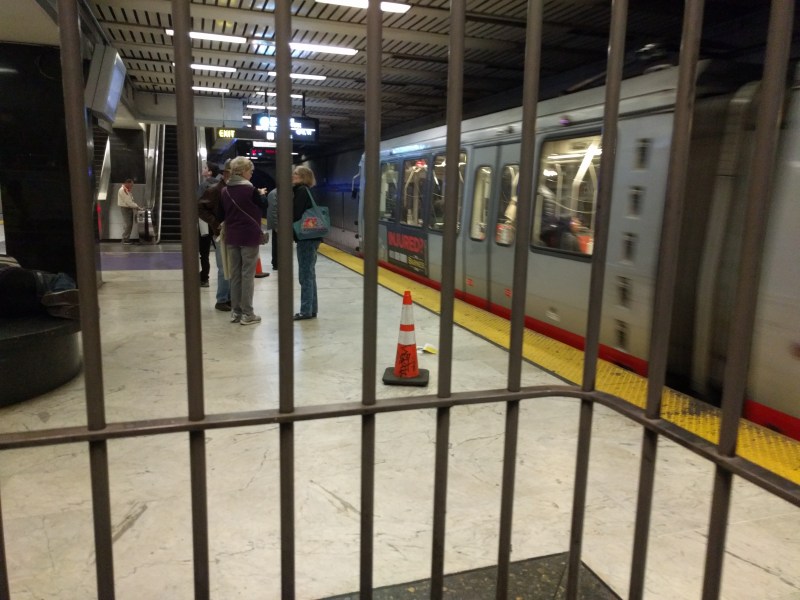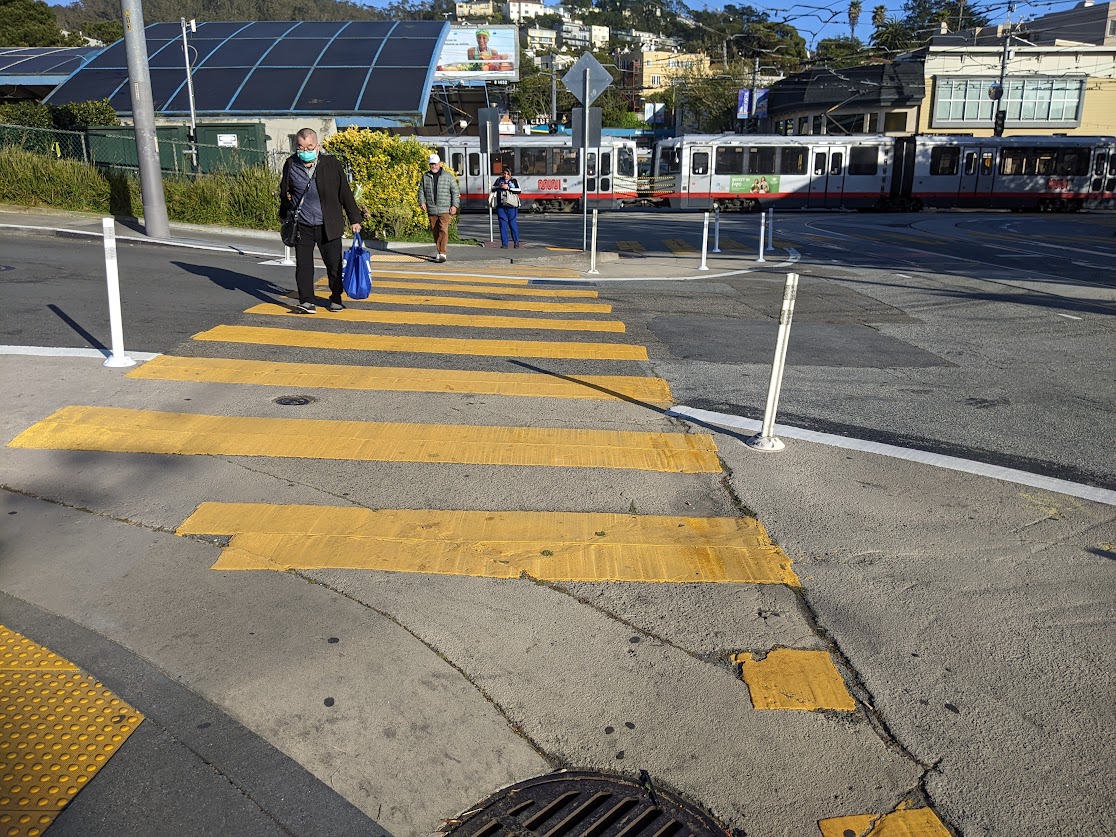With more than $56 billion in applications submitted for just $1.5
billion in available funding, the Obama administration's TIGER grants
-- short for Transportation Investment Generating Economic Recovery --
was one of the stimulus law's most hotly contested programs. So it's no
surprise that the process resulted in its share of losers as well as winners.
Georgia found itself on the sidelines again, less than a month after it failed to secure a significant share of the stimulus pot for high-speed rail. After spending an estimated $750,000 to apply for
nearly $300 million in grant money for a new streetcar network, Atlanta
fell short -- along with more than a dozen other TIGER bids from around
the state.
Local officials acknowledged
to the Atlanta Journal-Constitution that other cities' successful
streetcar pitches, such as Tuscon's and Portland's, would contribute a
greater share of costs on the local level, but Georgia's TIGER shutout
is still bound to sting.
Its southern neighbor, Florida,
also saw no TIGER grant winners despite submitting 120 applications,
totaling an estimated $4.3 billion, for a major intermodal transit hub and a port expansion.
In the private sector, Burlington Northern Santa Fe railroad lost its bid for federal help with a new Kansas City rail facility even as competing freight companies CSX and Norfolk Southern scored big under the TIGER program. Still, the company -- recently bought by Warren Buffett -- is considered likely to move ahead with the project using its own funds.
Another state that saw its TIGER hopes dashed was Connecticut, where the state DOT endorsed about a dozen proposals, half of them dedicated to the freight sector.
Overall,
the U.S. DOT looks to have focused its attention on TIGER money for
transit and other clean transport projects while giving highways
somewhat of a second-fiddle status. Roads accounted for 57 percent of
total TIGER applications, but road-only proposals got less than $185
million, or about one-eighth of the total pot of grants.
That
trend sparked palpable excitement among many transportation reformers,
but some expressed concern that state DOT officials could turn the
TIGER program into a rationale for postponing the transition to a fully
merit-based system of infrastructure spending.
"An
innovation grant is no excuse for not doing a good job with the rest of
your money," one clean-transport advocate said in an interview. "The
fact that it take TIGER to get bridges replaced when state DOTs are
spending much of their money building new roads is wrong ... but the
fact that it does means that we need reform."





